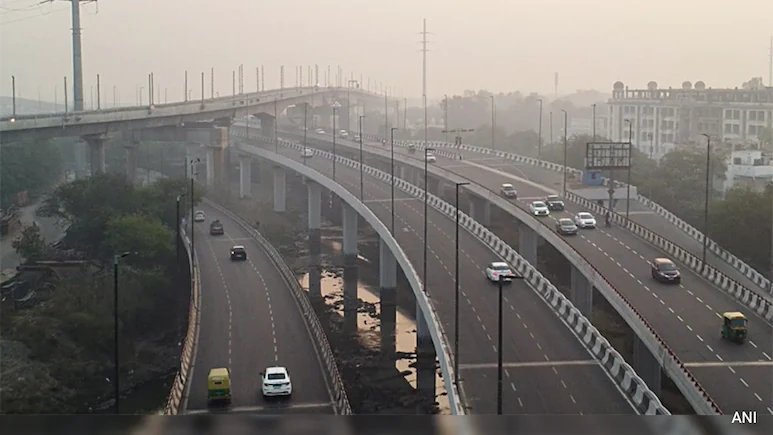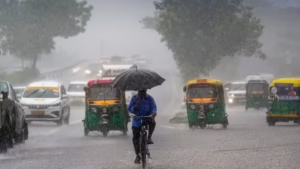Delhi’s air quality has improved significantly, thanks to continuous rainfall, providing relief from toxic pollution. Consequently, the Centre’s panel on air quality in Delhi-NCR announced on Friday the immediate lifting of stage 3 restrictions under the Graded Response Action Plan (GRAP). However, stage 2 restrictions remain in effect across the region.
The 24-hour average Air Quality Index (AQI) for Delhi stood at 324 at 7 PM on Friday, indicating a decline in pollution levels. Forecasts from the India Meteorological Department and the Indian Institute of Tropical Meteorology suggest further improvement in air quality due to favourable weather conditions.
The Commission for Air Quality Management, tasked with managing air pollution in Delhi-NCR, stated that measures under stages 1 and 2 will continue to be implemented.
Key Measures Under GRAP Stage 2:
- Dust Control: Daily mechanized road sweeping, the use of anti-smog guns, and water sprinkling, particularly in identified pollution hotspots.
- Power Supply: Ensuring uninterrupted electricity to reduce reliance on diesel generators.
- Public Alerts: Awareness campaigns via newspapers, television, and radio to inform the public about pollution levels.
Recommendations for the Public:
- Opt for public transportation instead of personal vehicles.
- Choose less congested routes, even if they are slightly longer.
- Regularly replace air filters in vehicles at suggested intervals to reduce emissions.
Prohibited Activities:
- Use of coal and firewood, including tandoors in restaurants and hotels, remains banned.
- Diesel generator sets, except for essential and emergency services, are not permitted.
- Construction and demolition activities or industrial operations with existing closure orders must remain suspended.
These measures aim to prevent Delhi-NCR’s air quality from deteriorating into the “very poor” or “severe” categories again.







